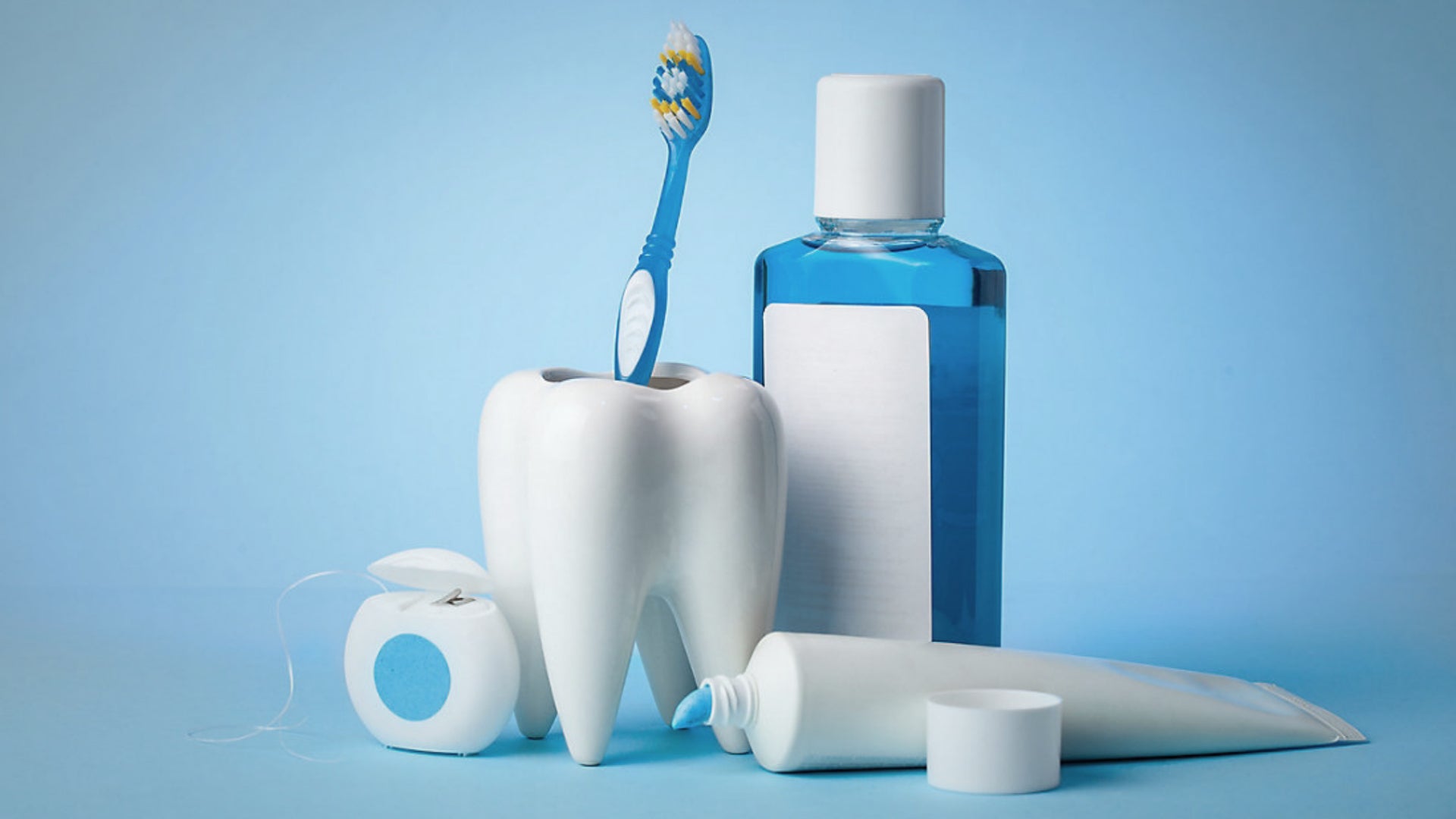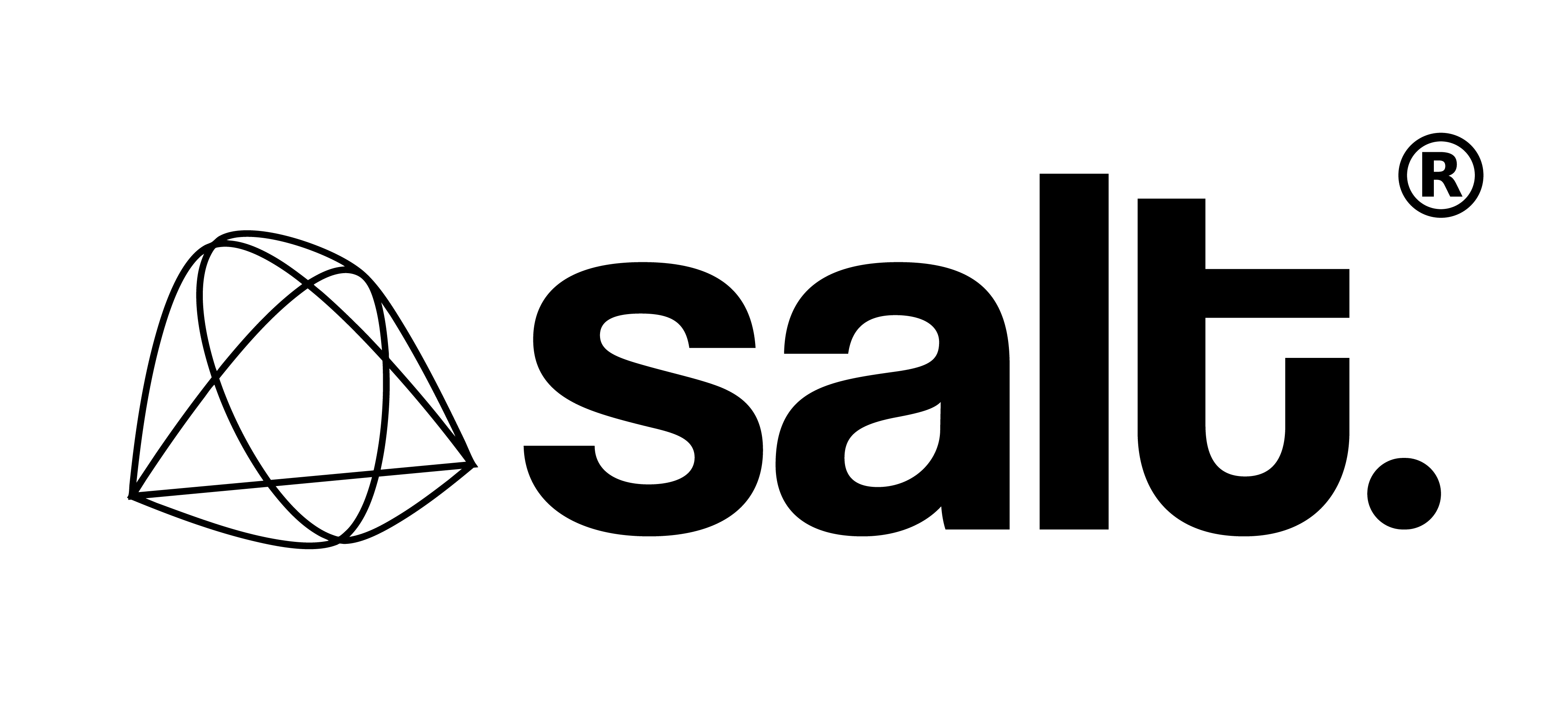
What’s going hunky-dory with the oral care industry today?
The oral care industry has been known for some of its best advertisements which involve adhering to issues such as gum conditions, stain conditions, tooth infection, bad breath, freshness and bacteria protection. Since the very beginning, the purpose of these advertisements has been to prioritise oral wellness as a matter of health and hygiene rather than purpose and beauty
Every oral care product has an ingredient list which is a dictionary in itself. It consists of terms that are too hard to pronounce and even more effortful to surf on the internet so much so that SLS, fluoride, gluten etc become random voices than words of significance. In fact the aid and assistance of social media and digital channels, it has become a piece of cake for the oral care industry to push oral-care products to the consumers by the bias of thought, opinion and recommendation with sort through SEO and sponsored ads.
Misleading Marketing:
Some oral care products and treatments are marketed in ways that can be misleading or exaggerated. Claims of "miracle" results or unrealistic promises may give consumers false expectations. This can lead to disappointment and a waste of resources on ineffective or unnecessary products.
Lack of Regulation:
The regulation of oral care products and treatments can vary across different regions. In some cases, there may be limited oversight, allowing for the sale of subpar or unsafe products. This lack of regulation can put consumers at risk and make it challenging for them to identify reliable and effective products.
Overemphasis on Aesthetics:
While having an aesthetically pleasing smile is important for many individuals, the oral care industry sometimes places excessive emphasis on cosmetic procedures and treatments. This focus can overshadow the importance of preventive care and maintaining overall oral health. A balanced approach that considers both aesthetics and oral health is essential.
Environmental Impact:
The production and disposal of oral care products can contribute to environmental issues. Single-use plastic packaging, disposable toothbrushes, and non-biodegradable dental floss can contribute to waste and pollution. The industry needs to prioritize more sustainable practices and eco-friendly alternatives to reduce its environmental footprint.
Inequalities in Oral Health:
Disparities in oral health outcomes exist, with certain demographics and communities facing higher rates of dental problems and limited access to care. These disparities can be influenced by socioeconomic factors, education levels, and systemic issues. Addressing these inequalities requires efforts to improve access to dental care and promote oral health education in underserved communities.
Antibiotic Resistance:
The excessive and inappropriate use of antibiotics in dental treatments can contribute to the development of antibiotic-resistant bacteria. Dentists and oral care professionals need to follow evidence-based guidelines to ensure the responsible use of antibiotics, minimizing the risk of antibiotic resistance.



